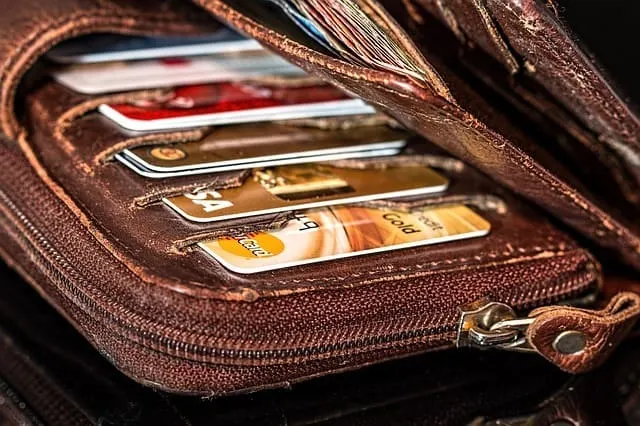
Over the last 10 years, the average credit score has increased steadily due to a more robust economy. At the beginning of 2022 the average was 714 according to Experia, while in 2013 it was as low as 691.
This is good news. But what are the steps to take when you find yourself with a low credit score? Let’s find out.
Why credit score matters
The main problem associated with a low credit score in the USA is that it can make it difficult to get approved for loans, mortgages, and other forms of financing. It can also lead to higher interest rates and fees when you do get approved.
A low credit score may also prevent you from getting certain jobs or renting an apartment. Finally, having a low credit score could potentially affect your ability to obtain insurance coverage at competitive rates.
Additionally, many lenders will not approve a loan application from someone with poor credit, making it even harder for you to access this type of financing when you need it most.
Improve your credit score
To improve your credit score, the quickest way to improve your credit score is to pay all of your bills on time, keep your credit utilization low (30% or less), and dispute any errors on your credit report. Additionally, consider signing up for an automatic payment plan with each creditor to ensure that you never miss a payment.
Find here below a list of all actions that you can take.
- Pay your bills on time: One of the most important factors in determining your credit score is payment history, so make sure you pay all of your bills on time and in full each month.
- Keep credit card balances low: Try to keep your credit card balances below 30% of their limits at any given time. Example: if your limit is $10,000, then make sure you don’t use it up more than $7,000. This will help improve your overall utilization ratio, which is a key factor in calculating credit scores.
- Don’t open too many new accounts at once: Opening multiple new accounts can hurt your score because it increases the number of inquiries into your credit report and dilutes the average age of accounts, both negative factors when calculating a score.
- Don’t close unused cards: Canceling an old card may seem like a good idea, but it could hurt your score because it reduces the overall amount of available credit you have access to and increases utilization rates as well.
- Monitor regularly : Keeping track of changes in your report is important because if there are any suspicious activities or incorrect information reported, then those need to be corrected quickly before they cause too much damage
- Check for errors or fraud: Make sure to review all three major reports annually for any errors or signs of identity theft that may be dragging down your score without you knowing it.
- Dispute incorrect information: If there are inaccurate items on one or more reports, dispute them with the reporting agency as soon as possible to ensure they are corrected quickly and accurately before further damage occurs to your rating
Quick credit score improvements
Following the steps above should help you to get your credit score improved. But they are not all, there are even more steps available. For example, consider special apps that you can use. Other actions include debit cards to help you to improve your credit score, instead of having multiple credit cards.
Taking all these tips into consideration, it shouldn’t be hard to get your credit score improved and avoid having to pay higher fees for your loans, and insurance policies.
- Sagittarius Man & Gemini Woman Love and Sex Compatibility - January 31, 2024
- Taurus Ascendant Rising Personality Traits in Men (Guide) - January 31, 2024
- How to Seduce and Attract a Sagittarius Man (Seduction Tips) - January 31, 2024
